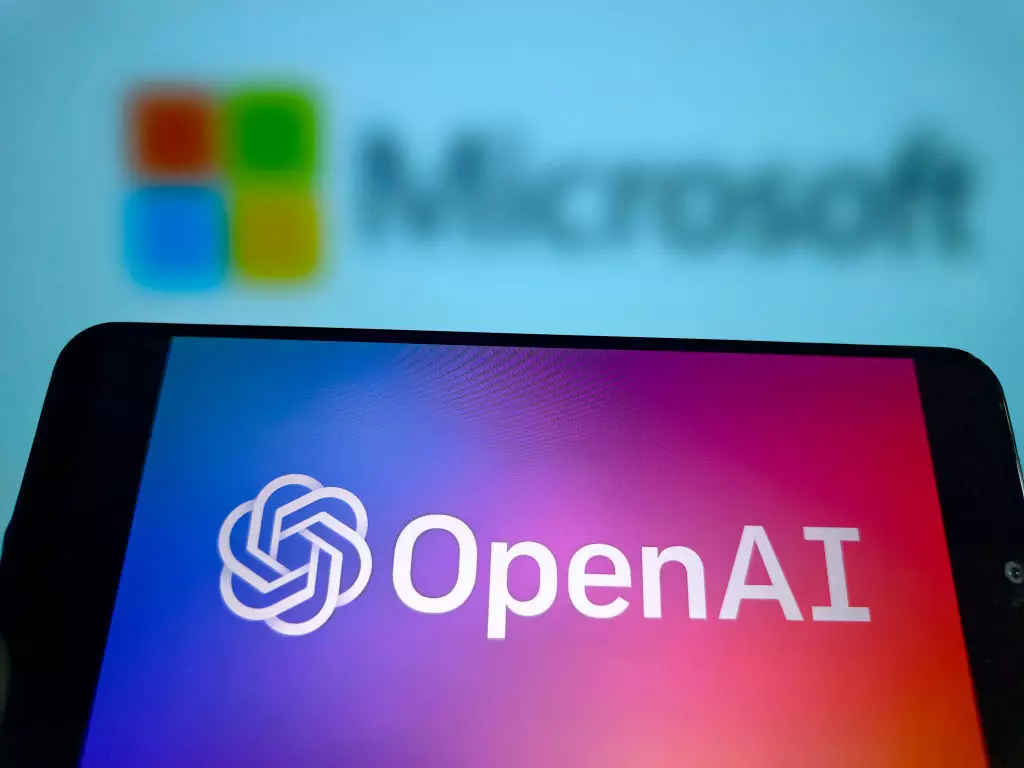OpenAI, a leading artificial intelligence research organization, has recently made headlines following its clarification regarding an anticipated model, codenamed Orion. In a response to inquiries sparked by reports from The Verge, OpenAI has firmly stated that it will not release this model in the current year. While the marketplace and tech enthusiasts were keenly awaiting its arrival, the company’s spokesperson assured, “We do plan to release a lot of other great technology.” This statement invites scrutiny and reflection on what this means for OpenAI and the AI landscape as a whole.
The initial excitement surrounding Orion stemmed from its potential. The Verge suggested that this model was set to redefine OpenAI’s offerings, following the notable GPT-4o. Such advancements often promise better capabilities, enhanced reasoning, and improved user interactions. However, with OpenAI’s categorical denial of Orion’s imminent arrival, the sector now faces uncertainty. Analysts and enthusiasts alike must reassess timelines, expectations, and the subsequent impact on the broader AI ecosystem.
OpenAI’s clarification appears to contradict the earlier reports, which hinted at a December launch with access for selected partners, including the tech giant Microsoft. Such discrepancies prompt questions about the accuracy of technological forecasting and reporting. The Verge’s narrative suggested that trusted partners would experience the advancements before the general rollout, raising expectations that now require adjustment. With the landscape continually evolving, the disconnect between speculation and reality highlights the complexities of advanced AI development.
While Orion may not be on the release schedule, OpenAI hinted at alternative technologies on the horizon. It is important to recognize that the organization is still committed to advancing its suite of AI tools, including the ongoing evolution of models like GPT-4o and their reasoning-focused counterparts. They view these projects as catering to fundamentally different needs, suggesting that the future of AI at OpenAI may be vast and multifaceted.
OpenAI’s commitment to transparency in the face of rampant speculation is commendable but underscores the unpredictability inherent in technological advancement. The absence of Orion this year leaves an open-ended discussion. Potentially, this decision allows OpenAI to refine their models further, ensuring a more robust launch in the future. As stakeholders in the tech community, it’s crucial to remain adaptable and open to change, embracing the reality that in the world of AI, timelines and developments are ever-evolving, and sometimes the best innovations are those that take longer to mature.

